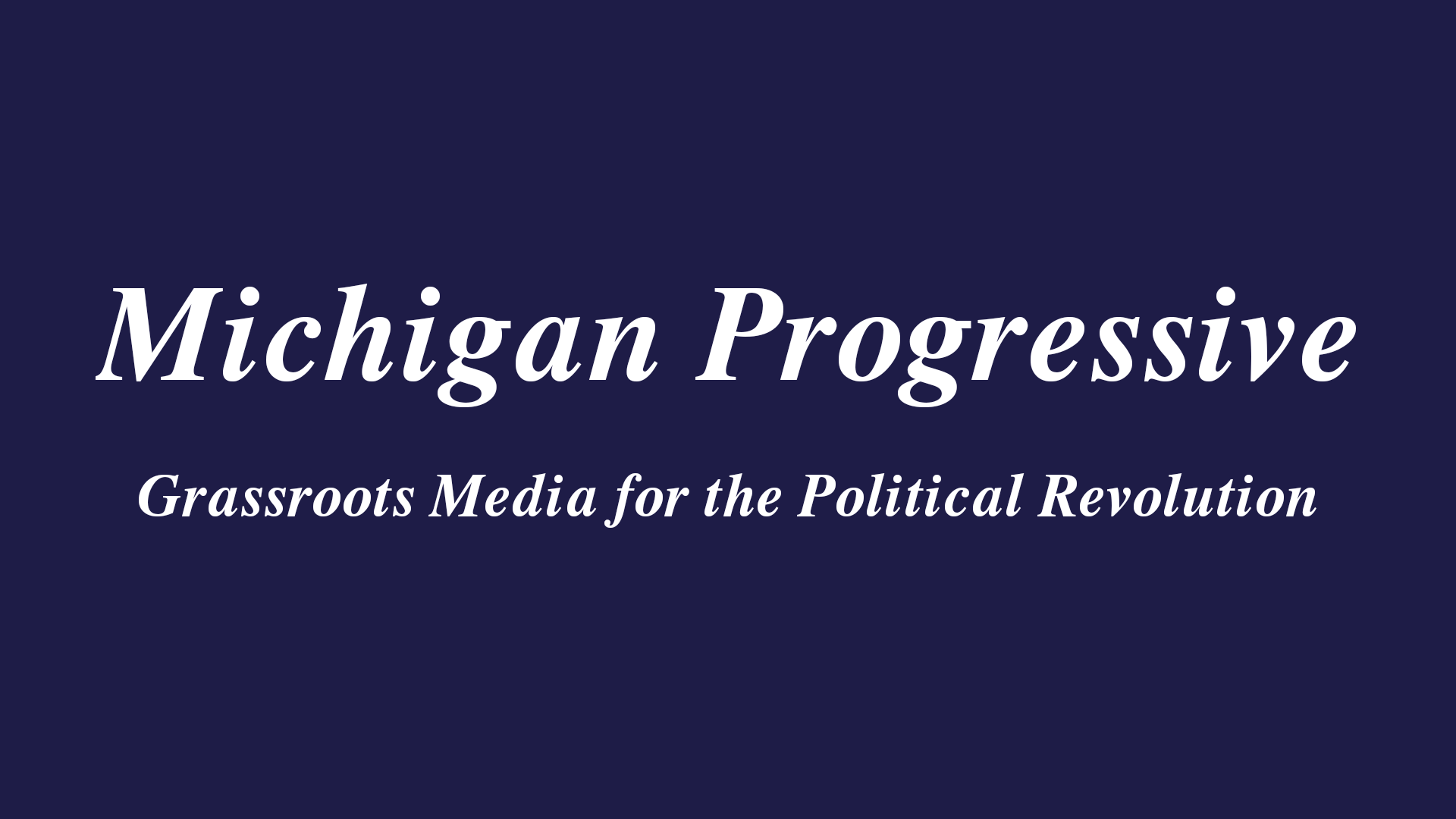 Activists sharing ideas at the first meeting of the MDP’s Cannabis Caucus.
Activists sharing ideas at the first meeting of the MDP’s Cannabis Caucus.
This week members of Michigan’s Cannabis community have scored a huge victory in the fight to end the 60 year prohibition on Cannabis. Cannabis activists have been working with allies in the MDP, including chair Brandon Dillon, to form an official caucus within the MDP. And on May 1 history was made when that charter was granted, making Michigan the first state to formally integrate Cannabis activism with traditional party politics. Evidence strongly indicates the Cannabis community, who have traditionally been disenfranchised from mainstream politics, represent a vast pool of untapped electoral resources. In practical terms, by embracing and supporting the Cannabis community, the MDP will gain a powerful electoral base.
The Cannabis Caucus will represent the interests of Michigan’s Cannabis community. Their target constituencies include local Cannabis workers and patients that occupy Michigan’s rapidly growing industry for medical use, as well as citizens that support ending the prohibition on recreational Cannabis use. In 2008, 63{01455888e2f0b7d04668e5856c70a88946582713670d769b7c021b89f026e8f9} of Michiganders voted to legalize medical Cannabis, while over 200,000 patients benefit from medical cannabis in Michigan. Meanwhile, polls show upward trends in support for recreational use.
In Michigan, Cannabis is a salient issue for a diverse group of interests for cultural, economic and health-related reasons and will mobilize voters. Cannabis is a young industry and represents one of the few economic opportunities available that provide a living wage. Many young entrepreneurs are flourishing and give their peers hope amidst dismal economic conditions. For others, access to Cannabis means the difference between chronic pain and a life of relative normalcy. A growing body of scientific research has demonstrated the medical benefits of cannabis for a range of diseases, including cancer, opioid addiction, chronic pain, and a variety of autoimmune disorders. And for many more, the criminalization of Cannabis is an issue of morality and justice.
Perhaps even more important, however, is the symbolic significance of the Cannabis Caucus. Democrats will have now an opportunity to dispel the impression that political leaders are out of touch with contemporary beliefs about Cannabis. Over the past decade, public opinion towards Cannabis use has shifted substantially. Ten years ago only 30{01455888e2f0b7d04668e5856c70a88946582713670d769b7c021b89f026e8f9} of American voters agreed Cannabis should be legally available for recreation use, while 60{01455888e2f0b7d04668e5856c70a88946582713670d769b7c021b89f026e8f9} were opposed. Today those numbers are reversed. However, sensible public policy lags behind reasonable attitudes towards Cannabis use. In part, politicians remain hesitant to support an issue that, not long ago, would have meant electoral suicide. But times have changed. The caucus will provide the Cannabis community with institutional legitimacy and a platform to facilitate a much needed conversation with the broader public to rectify longstanding cultural beliefs about Cannabis use.
Something new to the Cannabis Caucus in comparison to its grassroots predecessors is a focus on workers’ rights and protecting local business owners. Michigan’s Cannabis community that provides the product and distribution chains for patients have laid the groundwork for a vibrant local economy for legal Cannabis. The Cannabis industry provides jobs and income for hundreds of Michigan families and has the potential to generate many more. Rulings and laws that regulate Cannabis use impact these groups dramatically, particularly the last two, which rely on properly regulated industry for their health and livelihoods respectively.
The Michigan Democratic Party will be a formidable ally in the epic struggle to end the harmful prohibition of Cannabis and to ensure that the interests of patients, caregivers, Cannabis workers and small business owners are represented in future legislation.
By: Sarah Galey, Steve Monti, and Nikki Monti
For more information, please contact micannacaucus@gmail.com or visit the Cannabis Caucus Facebook page: https://www.facebook.com/MICannaCaucus/.

